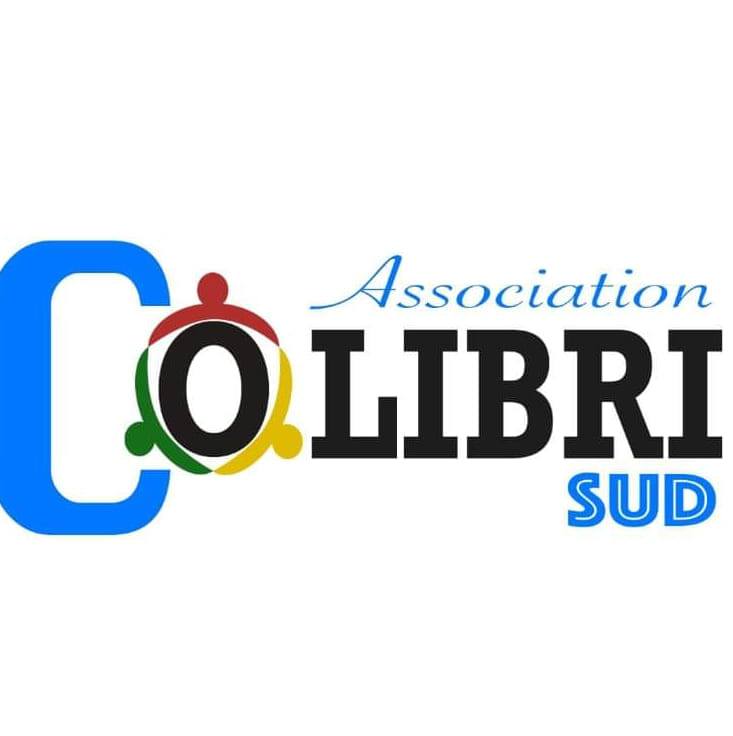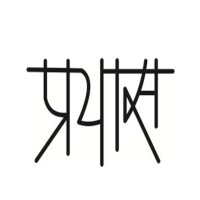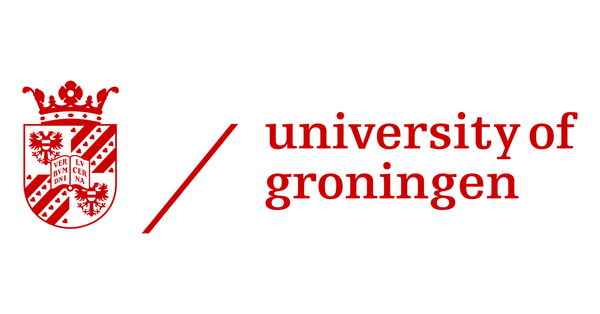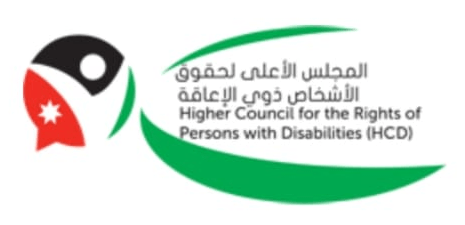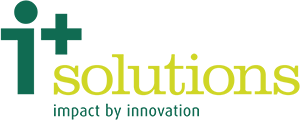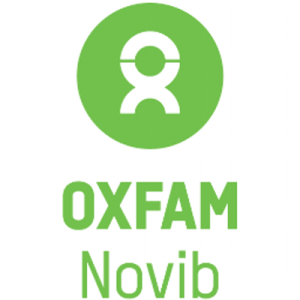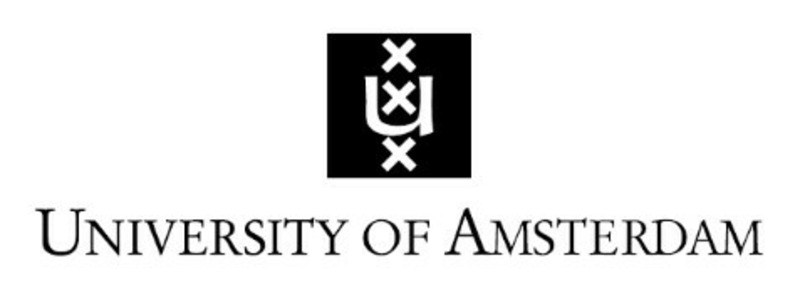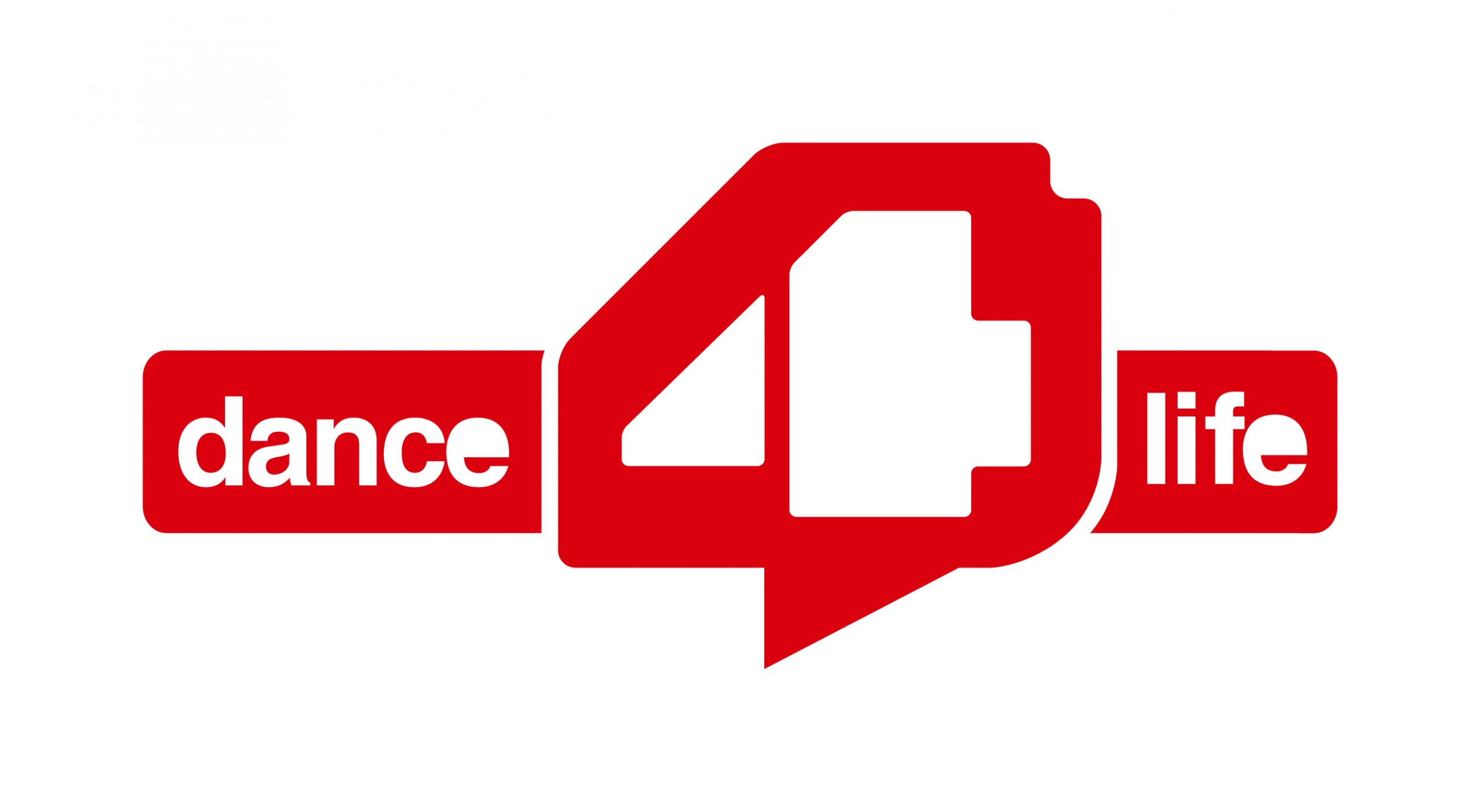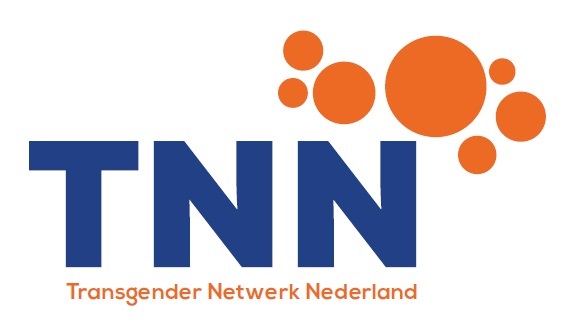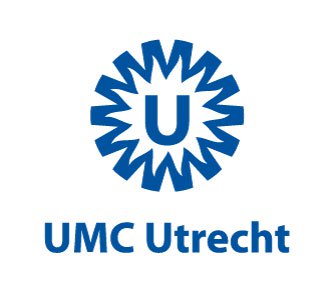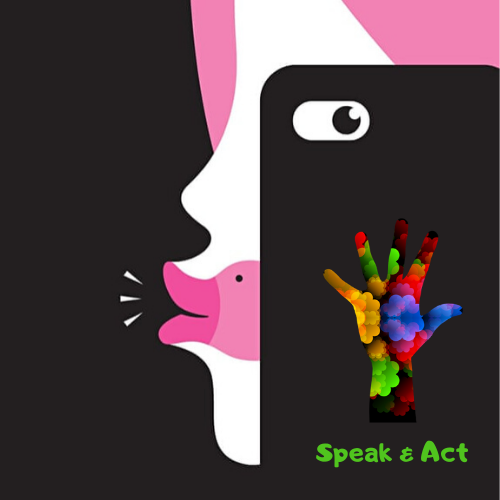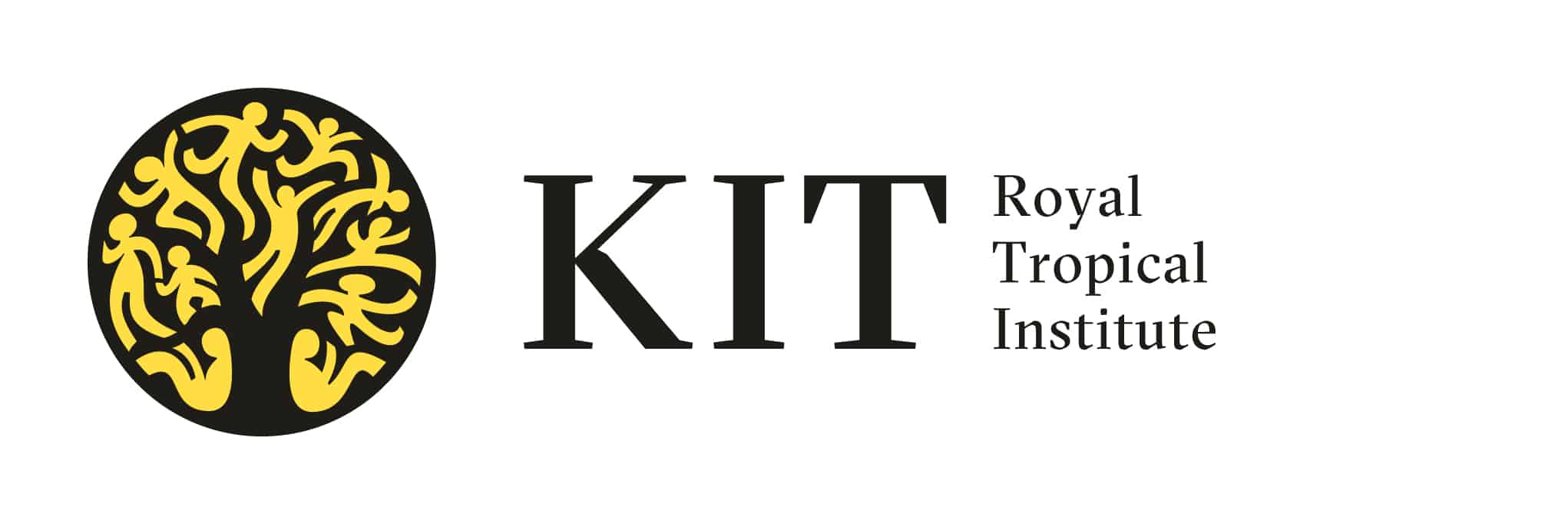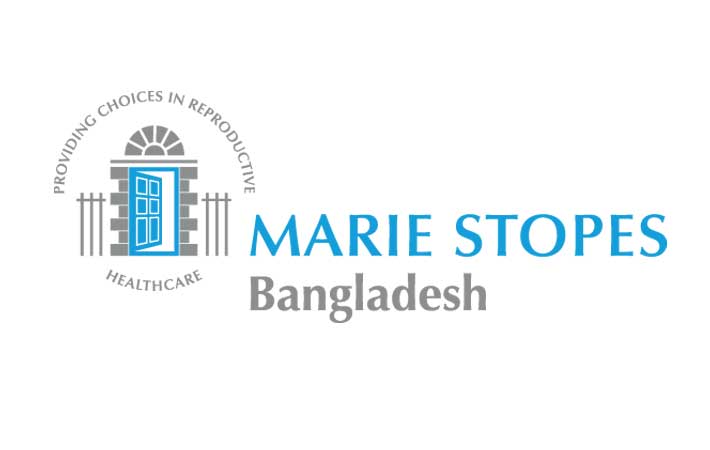What is a Knowledge Product?
Knowledge Products (KPs) are usable resources created through research and various modes of inquiry. KPs generate actionable knowledge (or knowledge for action) crafted for singular or multiple purposes and are often created in response to the needs of the people or communities interacting with them. KPs can be publications, documents, infographics, policy reports, guidelines, podcasts, videos, and any other materials or forms of information.
Scroll through this library to find KPs published by Share-Net International members since 2014, through to our most recent grant cycle. From policy briefs and research reports to card games, comics and more, you will find a wide array of free-to-download SRHR resources on this page!

